Video: Political Café The World After COVID-19
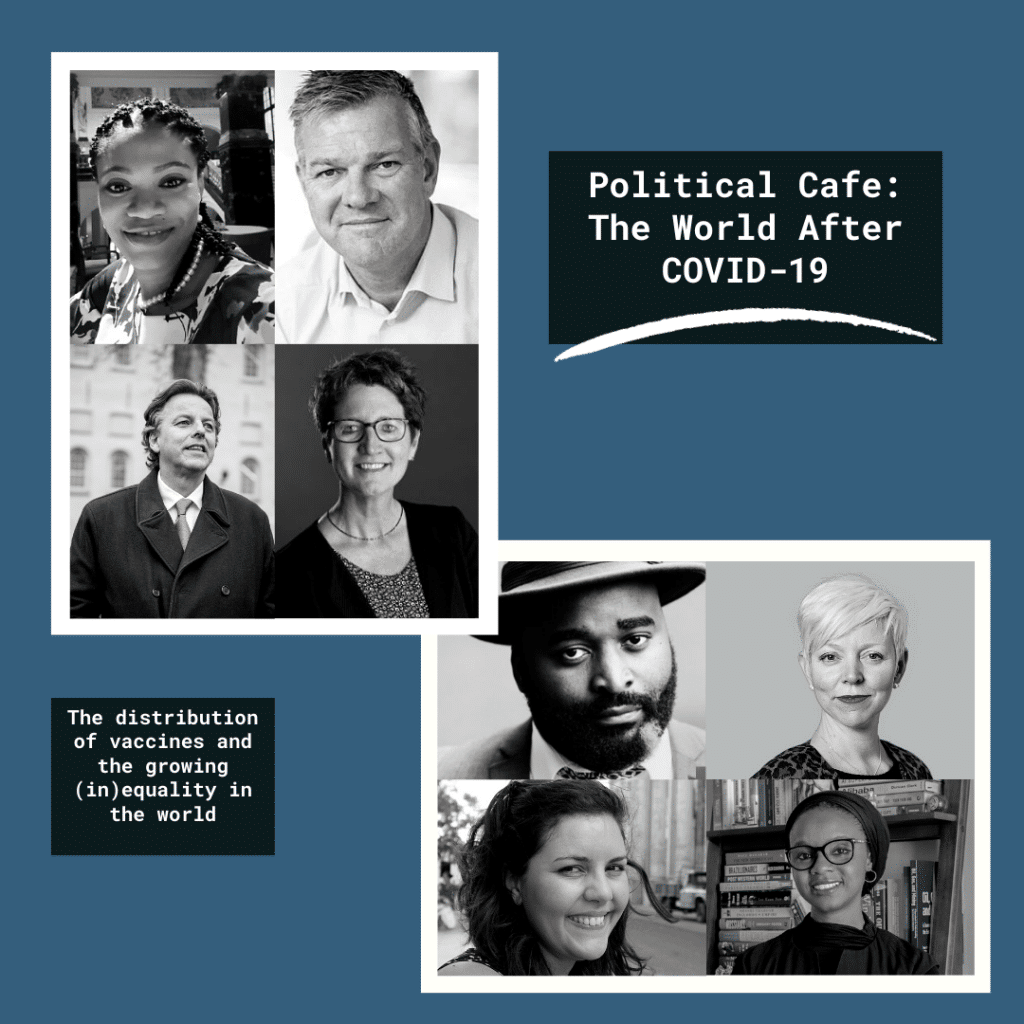
Political Café The World After COVID-19: on the distribution of vaccines and the growing (in)equality in the world.
Moderated by Kiza Magendane with:
➡ Bert Koenders, former Dutch Minister of Foreign Affairs;
➡ Marc Kaptein, Country Medical Director at Pfizer Netherlands;
➡ Mariëlle Bemelmans, Wemos director;
➡ Zainab Usman, Director of the Africa Program at the Carnegie Endowment for International Peace;
➡ Kirsten van den Hul, Member of Dutch Parliament;
➡ Faten Aggad, senior advisor to the African Union High Representative on Future Relations with the European Union;
➡ Bernice Chukwumba, program assistant at WECF International
Let Me Say This – Bohdan Ferens

Video: Democracy
This February we, together with the Forum of European Progressive Studies, launched the first video of the new project “Let Me Say This”. This month’s changemaker is Bohdan Ferens!
Produced in cooperation with Makmende Media each video starts with the words “Let Me Say This…”.
Steun de FMS!
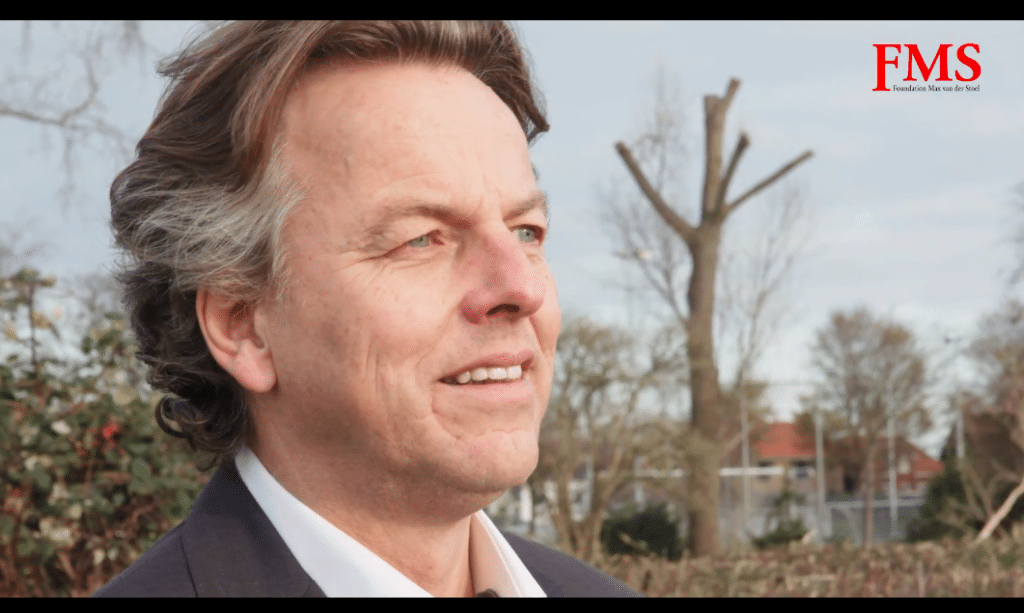
Steun de FMS!
The impacts of climate change in Africa
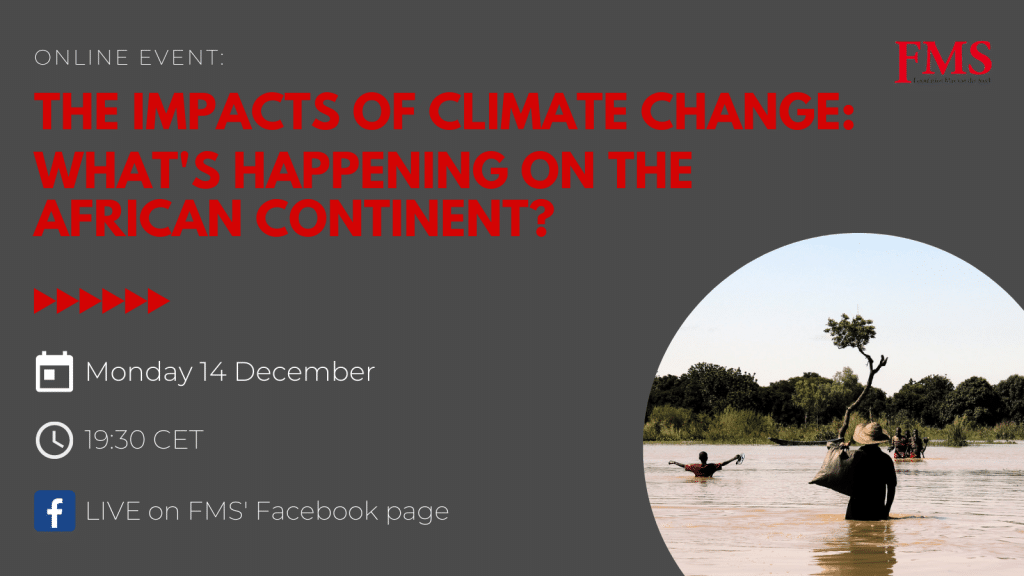
Last Monday, we were live on Facebook with Andrew Mambondiyani, Hala Burma, Irene Dankelman, Laurie van der Burg and Kirsten Meijer to discuss the impacts of climate change on the African continent. Why is that African people are hit so hard by climate change? What is the impact they see and feel? What can we do in the Netherlands to support these people? And why is it so important to also look at gender in this regard?
The impacts of climate change: what’s happening on the African continent?

The climate is changing: it’s getting hotter, we experience periods of droughts alternated with heavy rainfall and extreme weather. In the Netherlands, this means that we can enjoy our beaches more during the summer, that we have less snow and more rain in the winter, and will there ever be another Elfstedentocht for iceskating? We adapt to these circumstances, buying air conditioners for in the summer and preparing our rivers to take up more water. The impacts of climate change are not really hindering our lives… yet.
Climate Justice: Waterkracht en energie in Zimbabwe
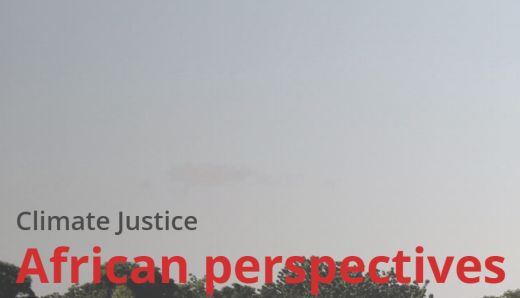
Waterkracht is de belangrijkste bron van energie voor Zimbabwe. In een land waar maar 40-45% van de bevolking toegang heeft tot energie, wordt deze bron nu ook bedreigd door klimaatverandering. De stroom valt dus steeds vaker uit. Dit heeft grote gevolgen voor de mensen in Zimbabwe en de economie van het land.
Online Politiek Café: de toekomst van Belarus
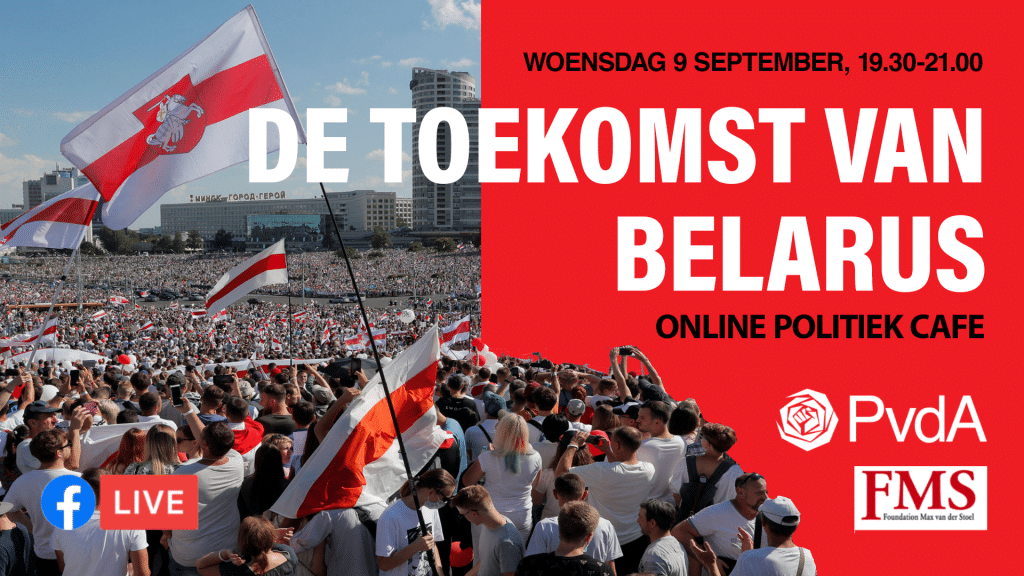
In Belarus (Wit-Rusland) is wat ongebruikelijks aan de hand. Op 9 augustus waren de presidentsverkiezingen en ook dit keer heeft Loekasjenko, die al sinds 1994 aan de macht is de verkiezingen gewonnen. Maar, de bevolking is in beweging en spreekt zich uit en het regime lijkt meer dan in andere jaren onder druk te staan.
FMS Portretserie: Diaspora in Beeld met Milka Yemane

Als FMS hechten wij veel waarde aan onze samenwerking met mensen uit de diaspora. Het zorgt voor diverse perspectieven en onmisbare inzichten. Door middel van de portretserie ‘Diaspora in Beeld’ willen we je voorstellen aan een aantal van de mensen met wie we samenwerken. En in het geval je ze allang kent, misschien kom je […]
FMS Portretserie: Diaspora in Beeld met Milka Yemane

Als FMS hechten wij veel waarde aan onze samenwerking met mensen uit de diaspora. Het zorgt voor diverse perspectieven en onmisbare inzichten. Door middel van de portretserie ‘Diaspora in Beeld’ willen we je voorstellen aan een aantal van de mensen met wie we samenwerken. En in het geval je ze allang kent, misschien kom je iets te weten wat je nog niet van ze wist!
Senegal: High employment aspirations and high unemployment rate

In Senegal, youngsters generally have very high employment aspirations. Becoming a lawyer, data scientist, or doctor are examples of answers of primary and secondary school students during our last interview in Dakar. At the same time, high unemployment rates of highly-educated individuals are prevailing, and the state aims to educate more young people (Boccanfuso et al. 2015: 2). Therefore, it seems as if the current education is not entirely in the interest of the labor market. With this assumable paradox, the question arises: what is the role of education? To understand this, we need to have a more significant understanding of the context of Senegal’s education and how it is affected.

